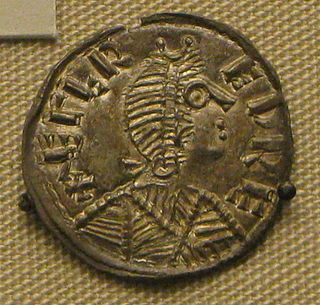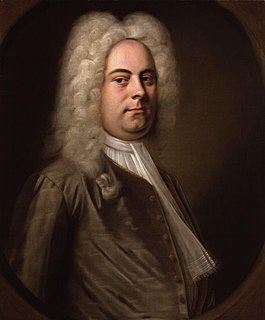A Quote by Mark Twain
When a man arrives at great prosperity God did it: when he falls into disaster he did it himself.
Related Quotes
For in prosperity a man is often puffed up with pride, whereas tribulations chasten and humble him through suffering and sorrow. In the midst of prosperity the mind is elated, and in prosperity a man forgets himself; in hardship he is forced to reflect on himself, even though he be unwilling. In prosperity a man often destroys the good he has done; amidst difficulties he often repairs what he long since did in the way of wickedness.
Suppose, however, that God did give this law to the Jews, and did tell them that whenever a man preached a heresy, or proposed to worship any other God that they should kill him; and suppose that afterward this same God took upon himself flesh, and came to this very chosen people and taught a different religion, and that thereupon the Jews crucified him; I ask you, did he not reap exactly what he had sown? What right would this god have to complain of a crucifixion suffered in accordance with his own command?
Jesus was a revolutionary, who did not become an extremist, since he did not offer an ideology, but Himself. He was also a mystic, who did not use his intimate relationship with God to avoid the social evils of his time, but shocked his milieu to the point of being executed as a rebel. In this sense he also remains for nuclear man the way to liberation and freedom.
In like manner the effect of every action is measured by the depth of the sentiment from which it proceeds. The great man knew not that he was great. It took a century or two for that fact to appear. What he did, he did, he did because he must; it was the most natural thing in the world, and grew out of the circumstances of the moment.
Nobody can turn you into a slave unless you allow them. Nobody can make you afraid of anything, unless you allow them. Nobody can tell you to do something wrong, unless you allow them. God never created you to be a slave, man did. God never created division or set up any borders between brothers, man did. God never told you hurt or kill another, man did. Why is man your god and not the Creator?
For the essence of sin is man substituting himself for God [Gen. 3:1-7], while the essence of salvation is God substituting himself for man [2 Cor. 5:21]. Man asserts himself against God and puts himself where only God deserves to be; God sacrifices himself for man and puts himself where only man deserves to be.





































